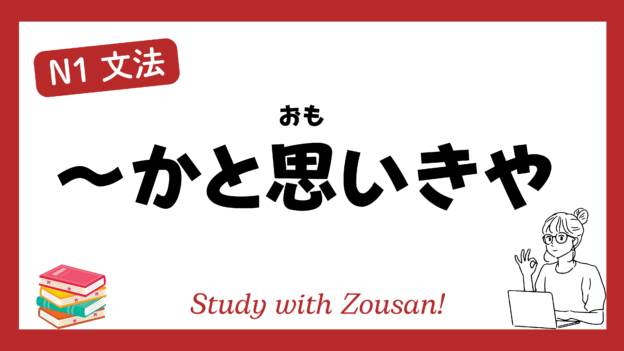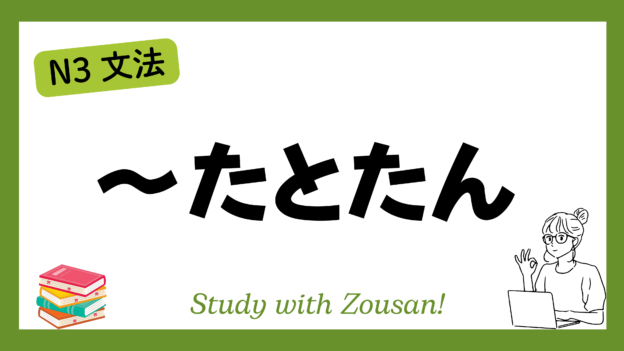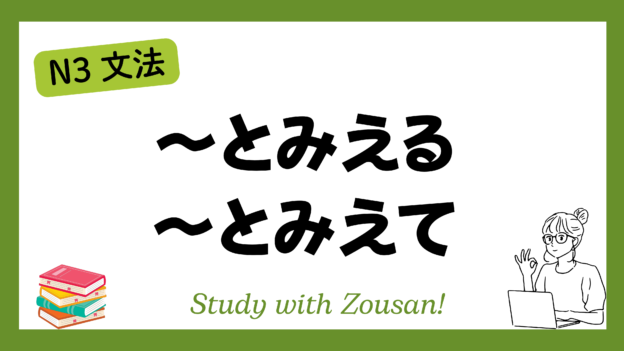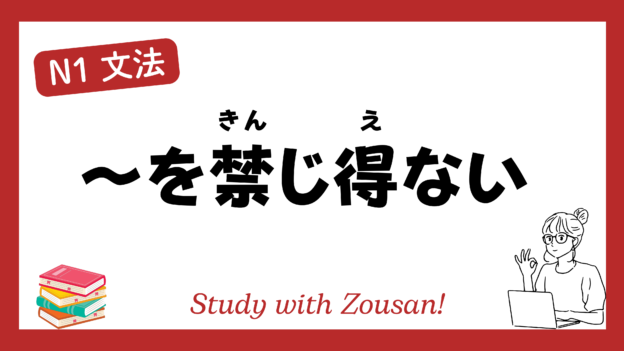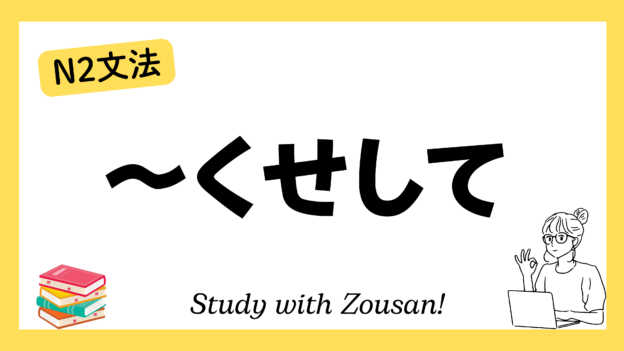N1文法:~かと思いきや
Meaning: “I thought that…, but…”, “It seemed like…, but actually…”
This structure is used to express surprise or unexpected outcomes when something does not happen as the speaker initially thought. The speaker expected one result, but the actual outcome was completely different.
※Note: This structure conveys a sense of surprise or disappointment when reality differs from expectations.
Structure:
| Verb (casual form) | + (か)と思いきや |
| Noun + (だ) | |
| な-adjective + (だ) | |
| い-adjective |
Example:
-
-
-
🌟 雨が降るかと思いきや、晴れた。
(あめ が ふる か と おもいきや、はれた。)
I thought it was going to rain, but it cleared up. -
🌟 彼が怒るかと思いきや、笑った。
(かれ が おこる か と おもいきや、わらった。)
I thought he would get angry, but he laughed. -
🌟 試験は難しいかと思いきや、簡単だった。
(しけん は むずかしい か と おもいきや、かんたん だった。)
I thought the exam would be difficult, but it was easy. -
🌟 彼女が来るかと思いきや、来なかった。
(かのじょ が くる か と おもいきや、こなかった。)
I thought she would come, but she didn’t. -
🌟 試合に勝つかと思いきや、負けてしまった。
(しあい に かつ か と おもいきや、まけて しまった。)
I thought we would win the match, but we lost. -
🌟 彼が疲れているかと思いきや、元気だった。
(かれ が つかれている か と おもいきや、げんき だった。)
I thought he was tired, but he was energetic. -
🌟 この映画は面白いかと思いきや、退屈だった。
(この えいが は おもしろい か と おもいきや、たいくつ だった。)
I thought this movie would be interesting, but it was boring. -
🌟 彼が犯人かと思いきや、別の人だった。
(かれ が はんにん か と おもいきや、べつ の ひと だった。)
I thought he was the culprit, but it was someone else. -
🌟 会議は長いかと思いきや、すぐ終わった。
(かいぎ は ながい か と おもいきや、すぐ おわった。)
I thought the meeting would be long, but it ended quickly. -
🌟 新しい仕事は難しいかと思いきや、意外と簡単だった。
(あたらしい しごと は むずかしい か と おもいきや、いがい と かんたん だった。)
I thought the new job would be difficult, but it was surprisingly easy.
-
-



